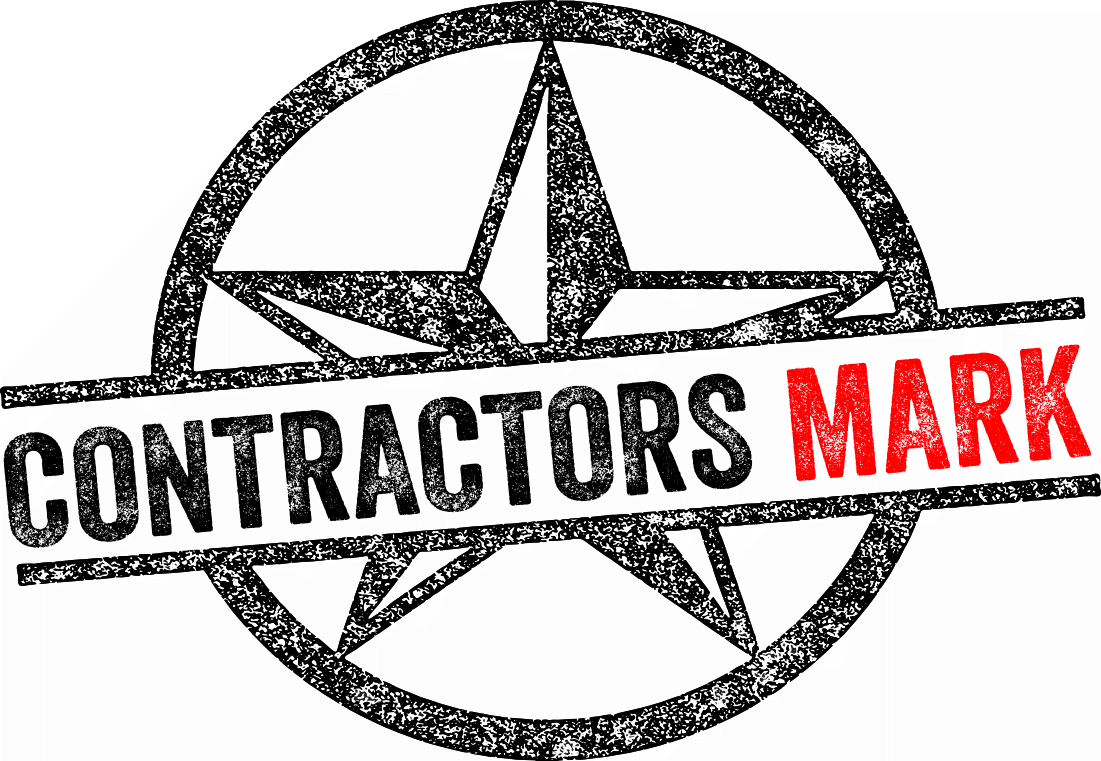Contractor’s bonds are a necessary part of the construction industry, playing an important role in protecting project owners and contractors. But before they can obtain a bond, there are several requirements and details the contractors need to be fully understood.
WHAT ARE THEY?
Contract surety bonds are commonly used in the construction industry to guarantee the performance of a contract. The government often requires bonds for public jobs, such as bridge or road construction. Private entities and general contractors bidding out projects to subcontractors may require them as well.
Bonds protect the customer if the contractor abandons their work on a job, fails to get get the appropriate work permits, or neglects to meet other financial obligations such as paying for supplies or covering property damage.
TYPES OF CONTRACTOR’S BONDS
There are several types of contract surety bonds, including:
- Bid bonds, which allow contractors to bid on bonded jobs. The bond guarantees that if the lowest bidder is awarded the project, they will sign the contract and obtain the required performance and payment bonds.
- Performance bonds are a promise of the quality of the contractor’s work. The required performance is detailed in the contract in writing.
- Payment bonds provide assurance that the contractor will pay all subcontractors, laborers, and suppliers involved in the project’s completion.
Supply bonds guarantee that a contractor will provide commodities as ordered, at a specified place and time for its intended purpose. - A maintenance bond may occasionally be required after the completion of the job due to the specifications of the bid and performance bonds. Maintenance bonds provide a warranty on the work for a specific amount of time after the work is complete.
THE CONTRACTOR’S BOND PROCESS
- Verify any and all bond requirements.
- Get a bid bond from your bonding agent and present it, along with an accurate project proposal.
- If awarded the contract, ask your bond agent to provide a performance bond.
- Complete the work fully, then close out the job with your bonding agent.
HOW MUCH DOES A CONTRACTOR’S BOND COST IN AMARILLO?
To become a licensed contractor, contractor license bonds are required at the state, county, and local level. The bond is in place to ensure the contractor follows the rules and regulations of his or her license. Costs and requirements can vary depending on where the construction work will take place.
Various cities and contractor classifications in Texas require contractors to post surety bonds prior to completing work. In Amarillo, the bond amount varies, and the cost is subject to underwriting.
SIMPLIFIED CONTRACTOR’S BONDS WITH CONTRACTORS MARK
At Contractors Mark, we’ve been proudly serving contractors for 17 years, and we understand there’s much more to contracting than just getting construction work done. Permitting, regulations and other intricacies of the industry can make construction complicated. That’s why we’re here to help you get bonds quickly.

